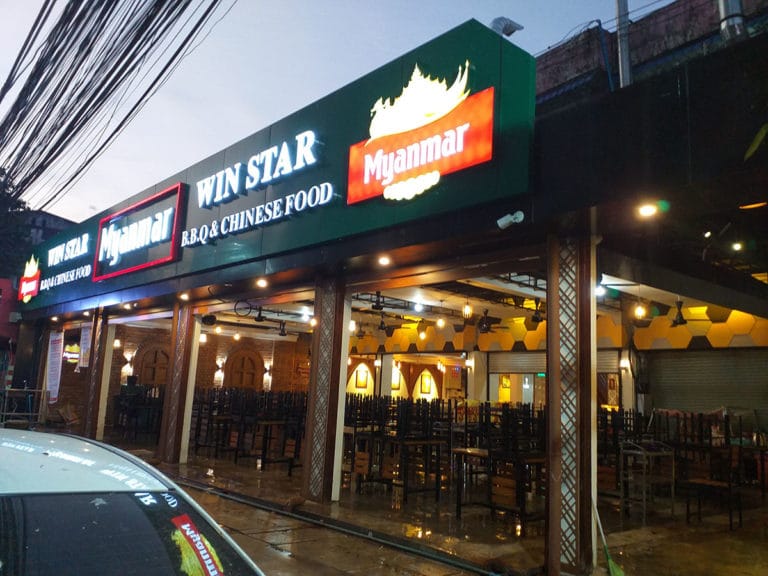
Looking back 3 years ago, I never expected to work overseas more so in Myanmar. Despite knowing very little to nothing about the country, I packed my bags when I got the job offer to work in Yangon, Myanmar. For the first time, I bravely faced living and working away from my family and friends, only knowing that I will be in for an adventure.
I landed in Yangon, the country’s largest city. At first sight, Yangon brought back childhood memories. I thought of Manila in the 1980’s while traversing the highway from the airport to my apartment. After a tiring 8-hour travel, my mind wandered to where my next food destination would be. I started browsing the internet for recommendations and food reviews in Yangon and that was where my gastronomic adventure began. Maybe it was brought about by the foodie in me or I was simply exhausted and hungry that time.
As a hospitality industry professional, I could not help but fixate on restaurant and hotel developments in Yangon. Friends and other industry mavens spoke positively of how the industry has evolved from past years, although it is clear the country still has a long way to go compared to its Asian neighbors. The potential for growth is obviously huge. For a country that just opened its doors globally, there were decent options – restaurants offer local and international cuisine, a number of international fast food chains, coffee shops and food concepts here and there.
Evidently, the country is progressing after half century under military dictatorship. Despite these developments, Myanmar people’s passion for their own flavors remained strong. This is supported by the prominence of local tea shops – these eateries with traditional low table and chairs offering typical Myanmar breakfast, lunch, snacks, dinner or even barbecue at times, line almost every thoroughfare in the city. I tried a couple of popular tea shops and the food was so affordable and tasty. Some were amazingly good that I would frequent them for my Myanmar food fix.
Myanmar food culture is diverse. Highly influenced by its neighboring countries, popular establishments usually offer Chinese, Indian or Thai flavors. Local business owners into local cuisine started to introduce European and American options to cater to the growing expatriate population. In a tough market like Yangon, many restaurants have succeeded but the short-lived ones were as many as those that succeeded.
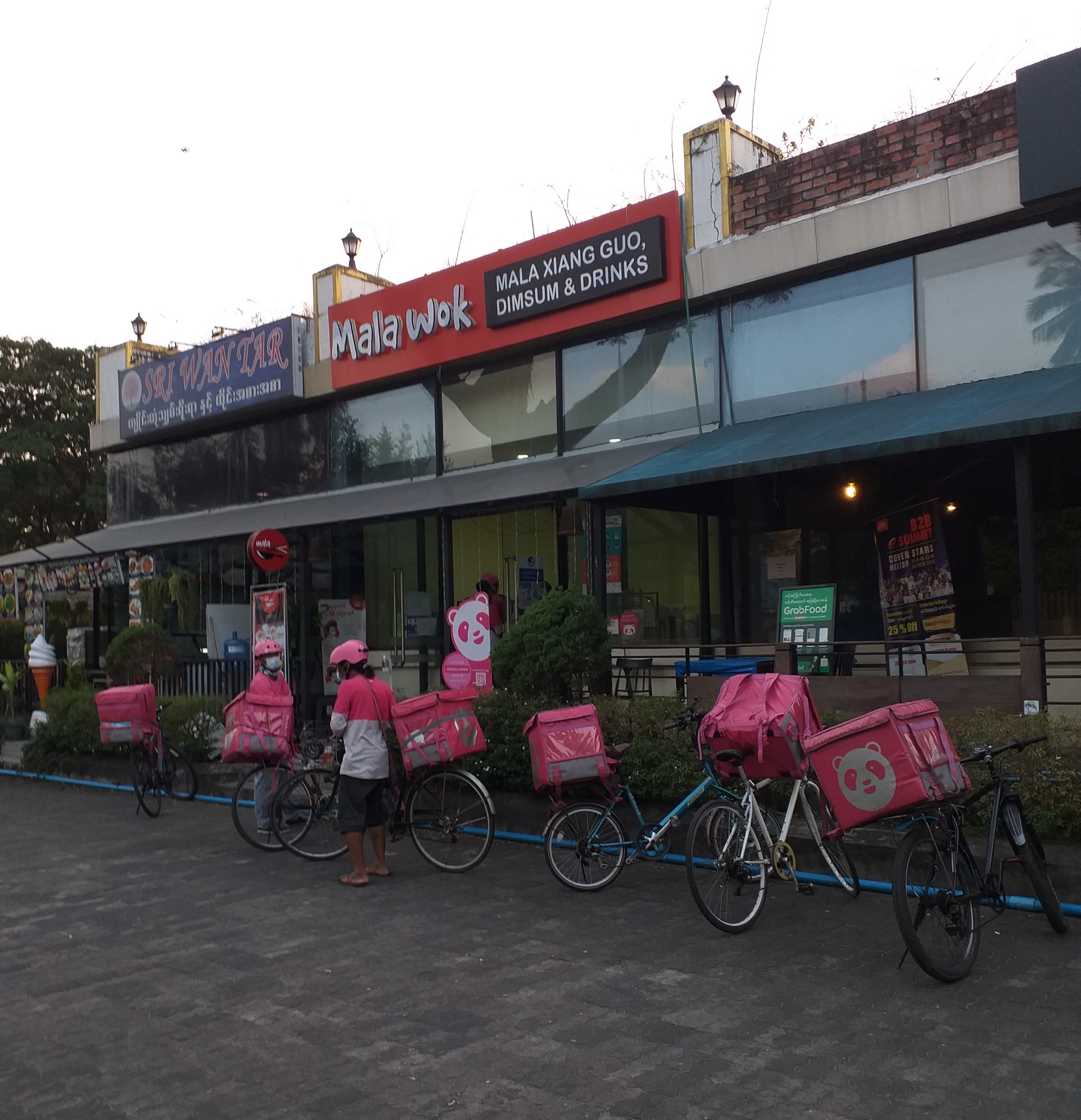
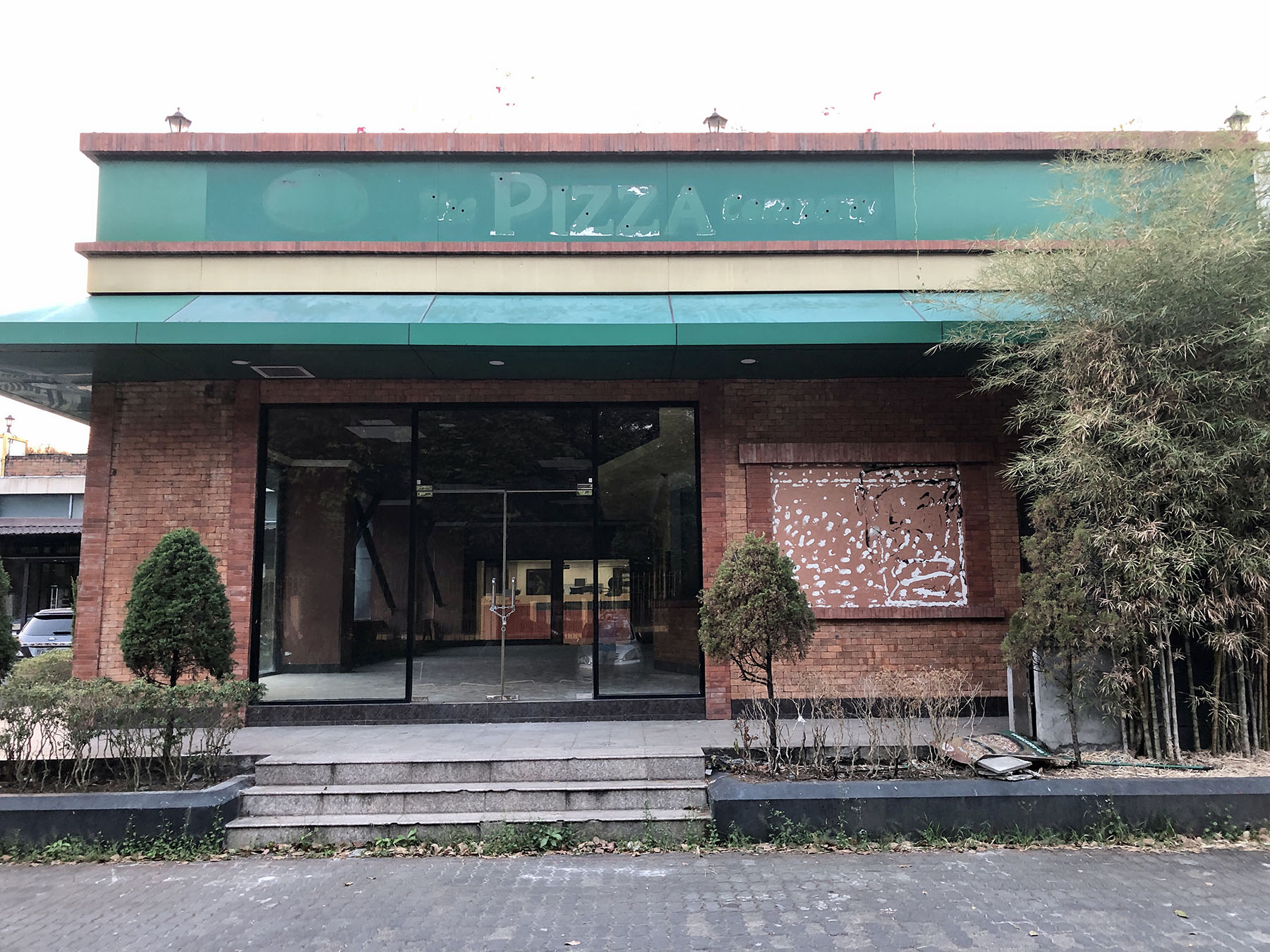
Year 2020 started strong for the hospitality industry in Myanmar.
Year 2020 started strong for the hospitality industry in Myanmar. There was a month-on-month increase in international tourist arrivals particularly from China. The once struggling industry was resuscitated by the Chinese neighbors wanting to explore a more exotic destination. This tourism boom, however, was cut short by the looming chaos brought about by COVID-19.

This unprecedented event was just too much to handle for this developing country. By the end of the first quarter, the country experienced the so-called first wave (April 2020) followed shortly by the second wave in the third quarter (September 2020). Stay-at-home orders, lockdowns for others, were imposed by the national government and establishments were forced to find ways to survive. These attempts to address the pandemic left most businesses fighting for survival. With uncertainty and financial damages growing exponentially, several enterprises eventually closed.
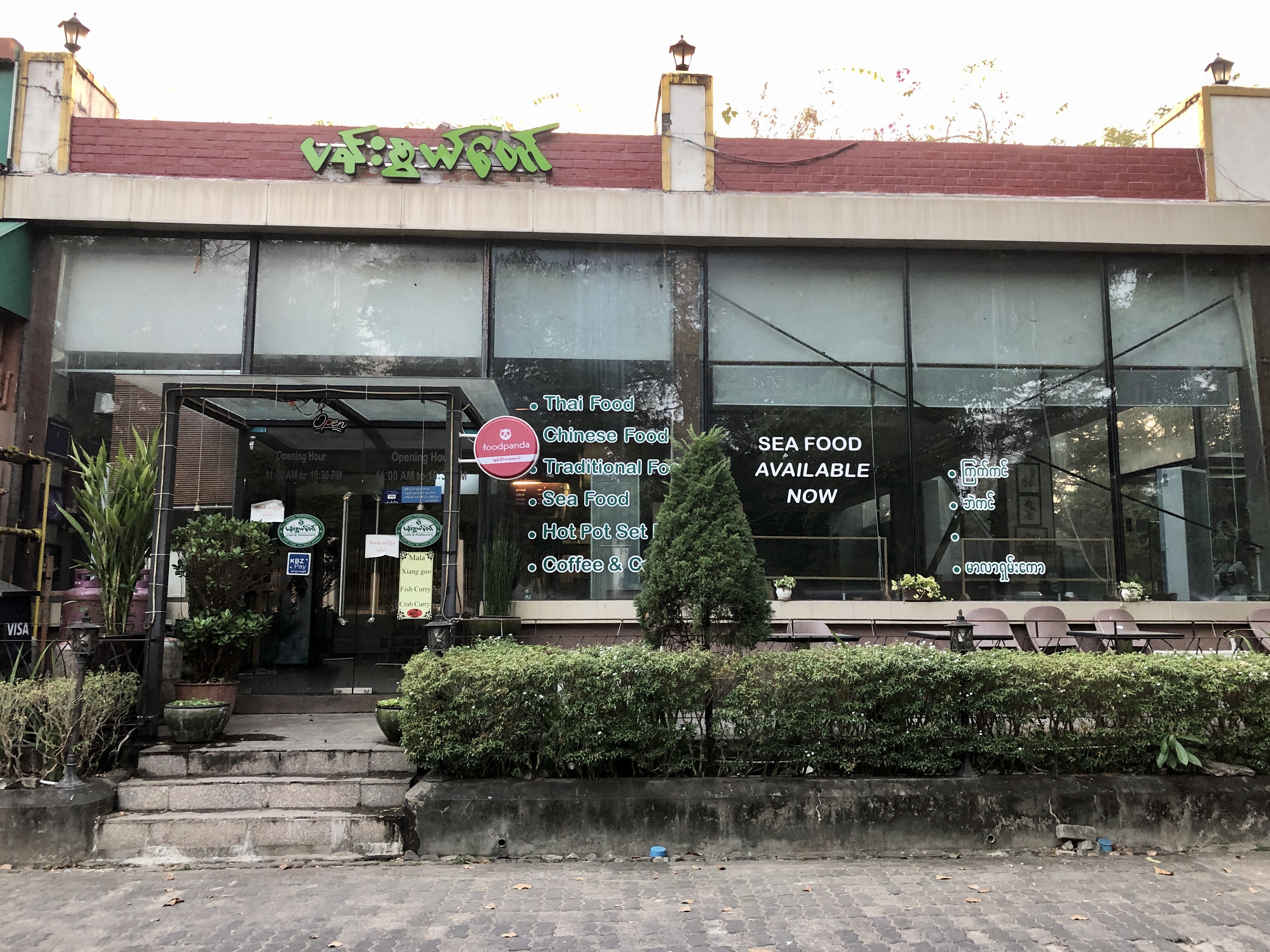
I had a chat with Nikki Barltrop, Chief Operating Officer of Edge Hospitality Co., Ltd., the company managing Yangon’s hottest dining spots – Parami Pizza, Union Bar & Grill & Gekko, to gather insights on the current state of the restaurant industry during this global pandemic.
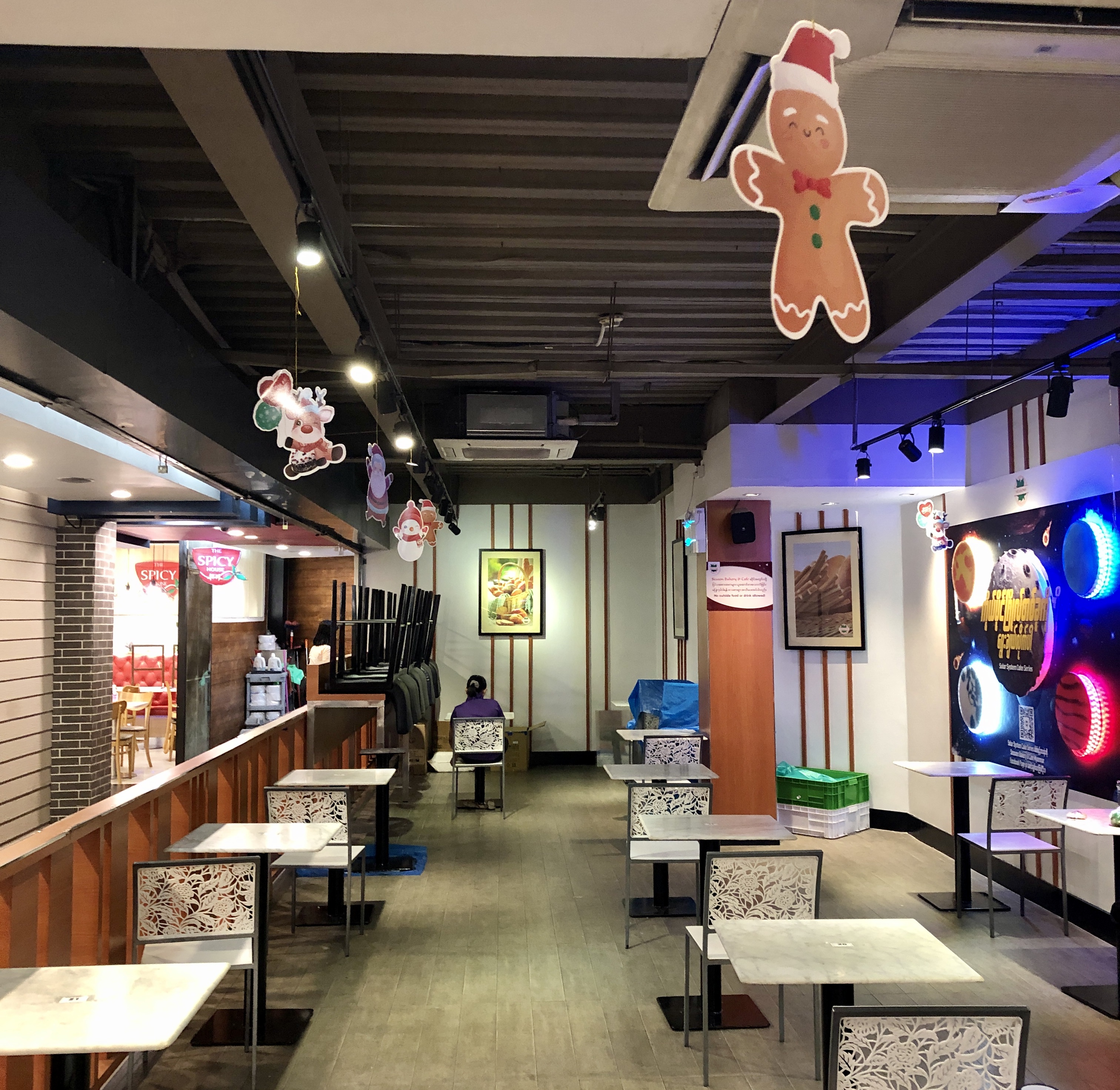
When asked about the pandemic’s financial impact on their business, Nikki said, “Financially, it had a huge impact with the loss of dine-in revenue and much of beverage sales, not to mention wiping out catering sales completely due to restrictions. Most businesses have been doing very well with deliveries but with delivery service companies taking a significant commission (15-30%) from sales, it was definitely not the quick fix businesses would hope for.
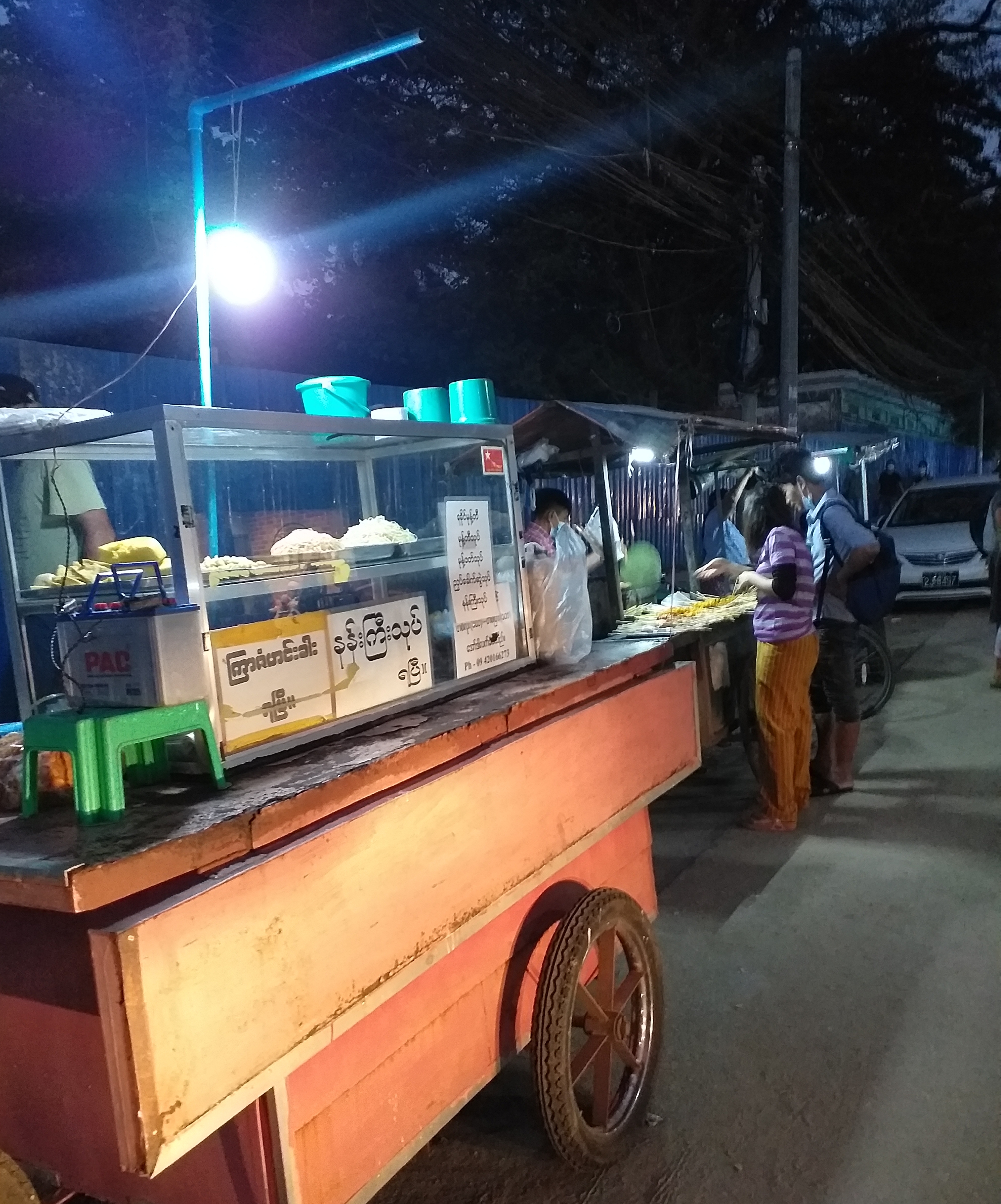
Innovation continued by coming up with new products and special events like their weekly zoom tastings in order to drive as much sales as possible.” Unfortunately, most businesses struggled in finding ways to drive sales while physical shops remained closed. With her vast F&B experience, Nikki’s team quickly adapted to the necessary changes the situation called for.
Apart from revenue concerns, businesses had to address manpower issues. While layoffs became a go-to solution to curb costs, some companies tried to control costs without leaving anyone jobless during this difficult time. Nikki shared that Edge Hospitality tried their best to keep everyone on board but put everyone on part-time employment temporarily during the first wave.
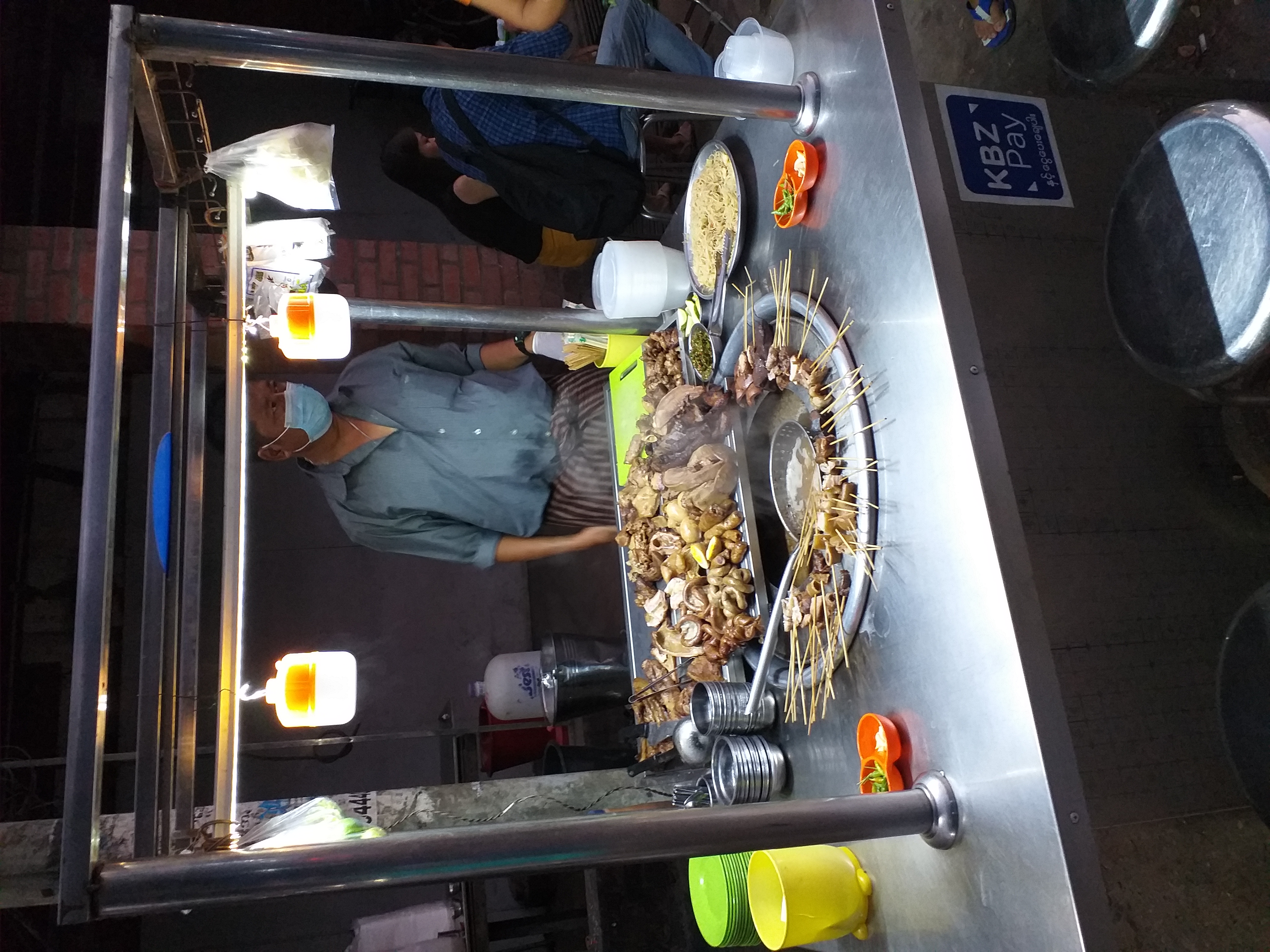
However, with a heavy heart, they had to make the difficult decision of letting go 10% of their team during the second wave hoping it would be enough to keep their business afloat. Despite the challenges and being on reduced salaries and service charge, Nikki has been very proud of how her team handles the uncertainty and the challenges of not being able to re-open their restaurants. Their team’s hope and fighting spirit remained strong.
With majority of people staying at home, all sales and marketing activities had to shift to the digital world. From word of mouth being the best marketing tool, the power shifted to sharing experiences on the various social media platforms. This paved the way for people to make and try the latest food trends online inspired by the pandemic. It became more obvious on social media how the pandemic pushed people and businesses to be constantly creative.
The longer people stayed in isolation, the search for something new, different and worth sharing online never stopped. These changes in customer behavior, however, did not help mitigate the challenges the restaurant industry was facing. In response, Nikki and her team felt the need to launch DIY sushi and pizza kits to stimulate the interest of the market. The strategy was able to increase sales and gain new supporters particularly from the local market after that huge loss in expat-driven revenue. All these initiatives would have not worked without restructuring their prices.
Hygiene and sanitation are, and will be, the top priorities. For Edge Hospitality’s restaurants, staff and guests picking up food orders must go through a standard temperature check. Aside from physical distancing, hand soaps and hand sanitizers have become essentials of their day-to-day operations. Everyone was regularly provided with reusable masks and face shields to educate them on how to stay safe and be responsible for themselves and the people around them. This, as in most countries, is expected to be the new normal until everyone gets vaccinated.
Despite all the challenges, the pandemic saw the emergence of small businesses that include chefs and hobbyists with no capacity to start their own restaurants but able to offer equally, if not better, food products to the public. Although this could mean tougher competition, for Nikki, the growth is a step forward and a glimmer of hope for the entire F&B industry.
With 2021 just a few weeks away, there’s really nothing much that can be done but to survive at the very least. The so-called new normal is here to stay for a while but not for good. There is hope and at the rate things are going, new ideas and innovations will give birth to new businesses in place of those that sadly will not survive the impact of this global pandemic.
Nikki shared Edge Hospitality’s plan to expand the Parami brand as well as reopen Union Bar & Grill in downtown Yangon. In support of the ailing restaurant industry, she actively promotes other establishments and encourages people to commit to ordering from their favorite restaurants a few times in a week to avoid more closures due to lockdown extension. There’s more hope with the development of vaccines but while Myanmar and the rest of the world wait, we can only do whatever we can to fight and stay alive not alone, but together.
CARLO C. CRUZ
Carlo is a graduate of the University of the Philippines, Diliman with a Bachelor of Science degree in Hotel, Restaurant and Institution Management (HRIM). He was a recipient of the Gawad Chanselor Award in 2004, a special citation given by the university to student achievers, after heading the team that won the Grand Prize in the 1st Flavors Culinary Challenge. His lustrous career started with some of the prominent restaurant companies in the Philippines prior to moving to the hotel industry. At an early age, he became one of the youngest Directors of Sales and Marketing in the Philippines and in Myanmar that built successful sales and marketing teams.
Great article. Congrats!